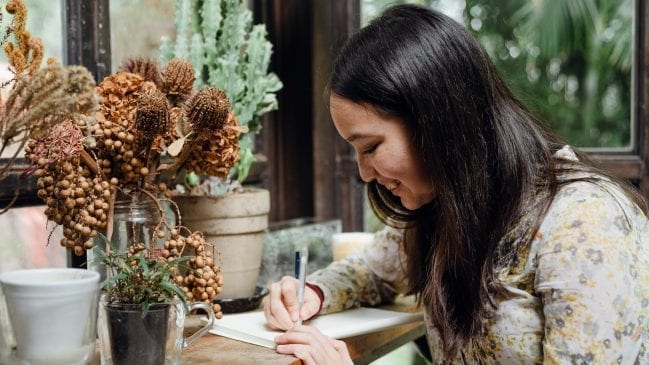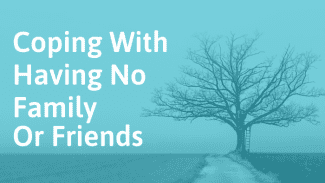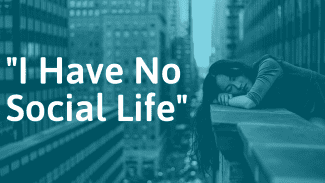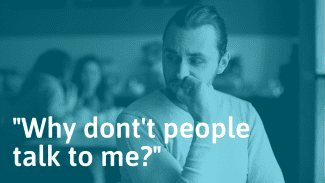Even before COVID-19, it took courage and initiative to break out of isolation and rebuild our support networks. We may have already been strapped in isolating situations such as illness, caregiving, living alone, divorce, relocation, or the death of a loved one.
The pandemic has challenged us to be more proactive about our social life and to explore ways to stay close to others and deepen our bonds, despite social distancing. We can always learn new ways to build our communities and expand our networks, paving the way for our future social life.
What helps people break out of isolation, stay connected, and build community? This year, innovation, persistence (and maybe even desperation) have driven most of us to the following solutions:
- Helping others: volunteering, service to your community and neighbors (such as volunteermatch.org, online, or by phone)
- Support groups: being part of a group where people are isolated from the same things as you are—and they understand your situation. (Groups for caregivers, chronic illness, grief, addiction. A place to start could be www.211.org or call 211, and also check out meetup.com )
- Creative pursuits and expression, making thoughtful things for other people (Beaded jewelry, greeting cards, woodcarvings, scrapbooks, paintings, stories, songs, facemasks)
- Sharing your favorite inspirations with others—such as music playlists, games, movies, books, podcasts, photos, Watch Parties on Facebook. These generate conversation and connection.
- Checking in regularly with others with phone calls or teleconferencing. Keep a routine to stay in touch.
- Rediscovering and reconnecting with your long-lost connections: cousins, friends, classmates, colleagues–expand your networks with past contacts
- Connecting with nature, walking in awe-inspiring places, gardening, animals. You can share your passions for birds and animals with friends and loved ones.
- Joining spiritual and faith-based communities and study groups: Sharing your values, gathering for rituals, worship, inspiration, and having deep conversations
- Taking classes that meet regularly where you can build friendships as you study together and share your interests and values
- Being involved with a cause you care deeply about and taking action (community activism)
- Getting individual support for yourself and growing your understanding of yourself, either with a trusted confidant, friend, or with a therapist/mentor/coach. We need someone to talk to during these uncertain times. Looking deeper inside ourselves, what are ways we can work with our attitude towards building new friendships and community as we move into 2021?
- Be in it for the long haul. It usually takes a long time to build solid friendships and partnerships—one or two years or more. Your great patience and compassion are essential to your commitment of building community, but it’s a wise and rewarding investment.
- Cast a wide net for meeting new people. Just like job hunting, it takes a lot of “nos” to get to a “yes” when it comes to the right friendship or partnership. Yes, indeed, it is a bit of a numbers game. Work those networks by showing up.
- Stay open-minded and not too fixated on who fits your “tribe.” You might be surprised who welcomes you into his or her world when you aren’t trying so hard to find the “right” group to belong to.
- Be proactive. Reach out to others. Offer your help to others. This is how you grow your community. Ironically, we gather support for ourselves by giving support to others.
Whatever happens in 2021, we can always count on our own kindness and compassion—especially our self-compassion—to face isolating times. One thing is certain: there is less stigma and shame about being isolated and alone these days. The pandemic has made us more aware, accepting, and understanding about one another’s need for companionship.
Image: Photography PEXELS, Ketut Subiyanto




